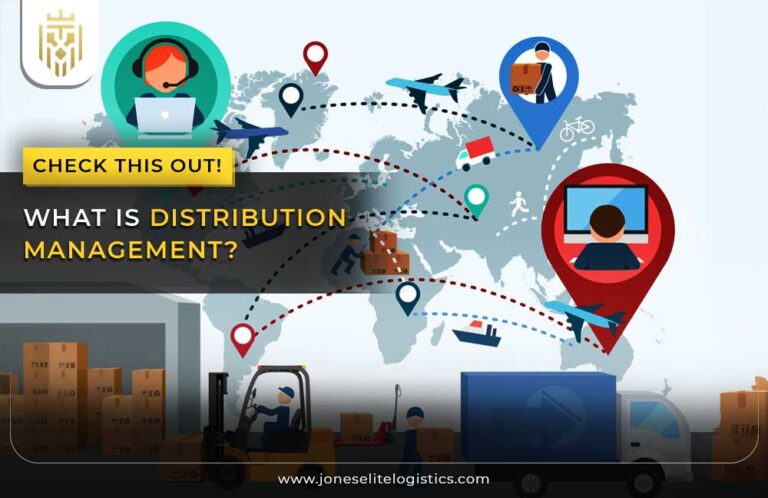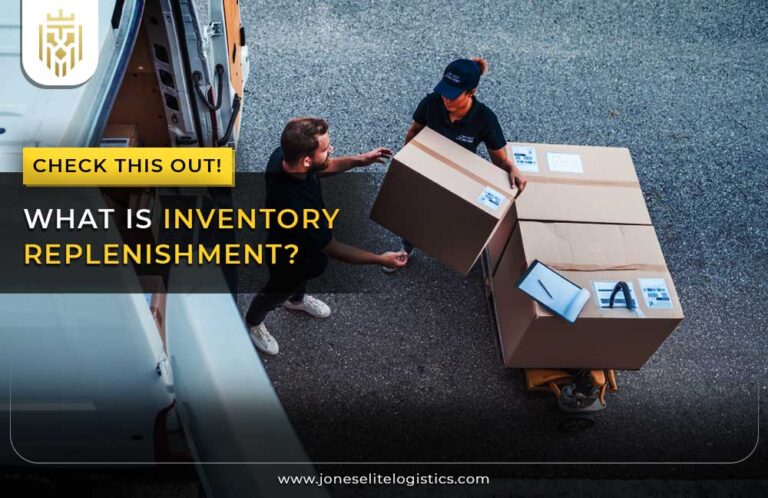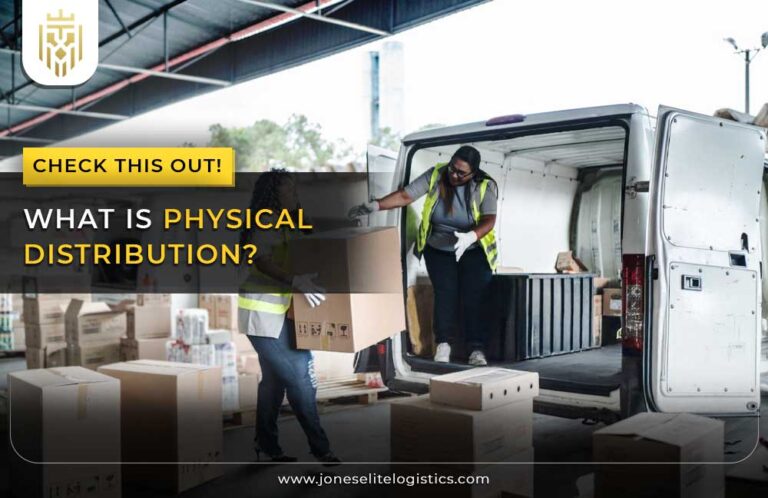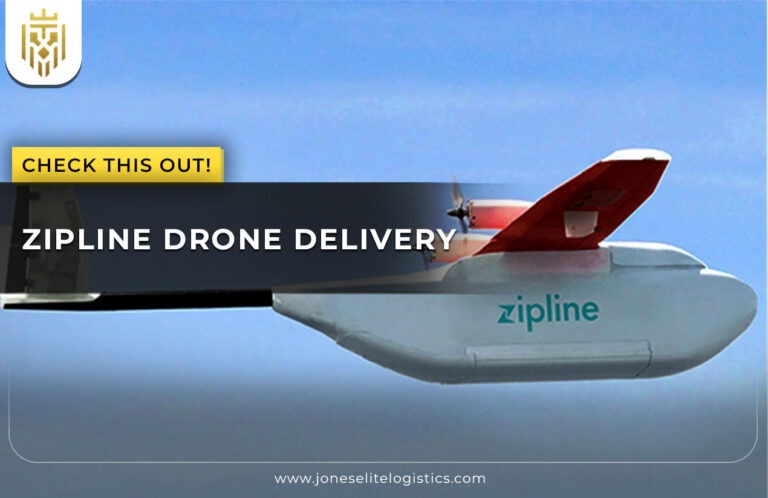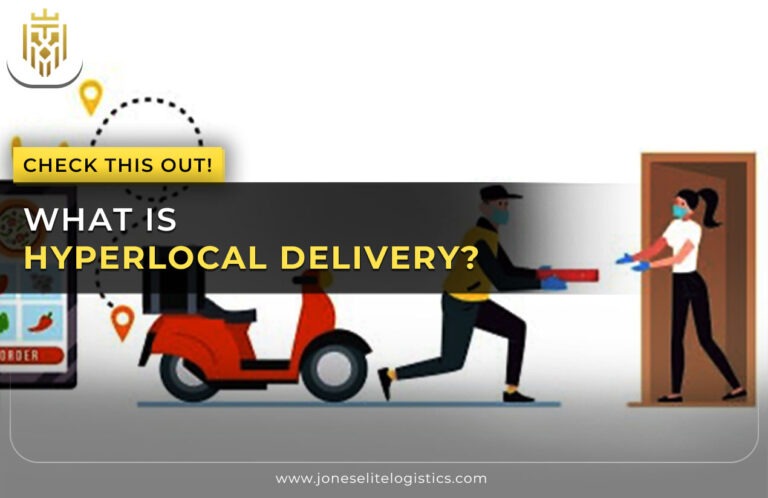Understanding Last-Mile Logistics in India
Last-mile logistics emerges as a key element of the supply chain and sees the spotlight especially when we focus on e-commerce or the online retail market. It points to the stage of the delivery chain when shipments finally reach the consumer. In India, the vast population and the growing e-commerce business demand the proper delivery scheduling of last-mile logistics to make timely and effective delivery possible.
The Crucial Role of Last Mile Delivery in Supply Chains
The delivery that includes the entire process from the pickup or distribution point to the consumer’s location is referred to as last-mile logistics. It is usually the most challenging and expensive part of the supply chain. This entails dealing with obstacles that come when transporting across the town and delivering to far-away sites. However, the challenges are overcome by businesses as it is an important factor when it comes to the satisfaction of the customer and business success.

Efficient delivery at the last mile is an absolute necessity if businesses are to please their customers. Prompt deliveries, correct tracking, and centralized communication are among the factors that ensure positive customer experiences which help grow customer loyalty and increase revenues. On the contrary, poor last-mile delivery services can make a few consumers angry and give negative feedback that hurts the reputation of the company.
Optimizing Last Mile Operations for Efficiency
To optimize last-mile operations in India efficiently, companies are focusing on technological solutions. Routing algorithms help craft the most effortless rides by accounting for factors like traffic and customer’s location appropriately. Predictive analysis and machine learning algorithms suggest the best time for delivery and to handle the inventory efficiently by processing historical information.
To add to that, smart inventory management systems are equipped with the ability to track real-time inventory levels to make sure that products needed for delivery are available at the required time. Automated arranging and loading systems optimize the operations, providing an error-free environment and speeding up the processes.

Human resources can be significantly reduced by introducing automation technologies into the warehouses like robots and artificial intelligence. The need for human resources for primary operations like processing and sorting will be reduced significantly. Furthermore, companies have been exploring the efficiency of drones or autonomous vehicles to serve as the means for last-mile delivery.
Enhancing Customer Experience through Last Mile Tracking
Customers today are demanding transparency and real-time tracking from companies. To meet the needs of customers to know the exact location and delivery time of their shipments, logistics companies in India are using technology to enhance last-mile logistics, in turn improving customer satisfaction.

SMS and email notifications are reassuring reminders that shipments are in progress, keeping the customers notified so that they gain a sense of control. A few logistics companies have automated customer feedback processes so that customers can rate the delivery experience and send their comments as well. With the availability of apps, online websites and customer centers, consumers are able to track their shipments with ease.
Overcoming Challenges in Last Mile Logistics
Among the biggest challenges is the lack of good addressing systems in most locations. This implies that delivery drivers face difficulty pinpointing their clients correctly, which in the end leads to delays and failed deliveries.
Heavy traffic in urban areas leads to trouble for last-mile delivery. The route planning process is complicated due to the traffic jam in turn resulting in delivery time extension. Infrastructure limitation factors like narrow lanes and difficult locations add to the complexity of last-mile deliveries.

As they are confronted with these difficulties, firms are leaning on their cultural experience and collaboration. They team up with local delivery personnel who are knowledgeable of the local topography and can easily navigate through “hot spots” in a congested location.
Innovations Driving Last-Mile Delivery Excellence in India
The logistics scenario in India has transformed with some advancements in technology, hence, helping companies overcome challenges to achieve excellence. Locker systems for delivery and smart lock technology can cut down the worry and facilitate customers to receive packages easily whether they are at home or not.
Logistics companies in India are using the services of non-professional delivery partners by employing crowdsourced delivery models. Moreover, businesses are focusing on alternative delivery sources like electric vehicles to reduce their impact on the environment.
The Future of Last Mile Logistics: Trends and Opportunities
The Indian last-mile logistics sector provides a huge scope for vigorous growth and a bright future. The local delivery model is among the breakthrough trends that new entrants are leveraging. Retailers are capturing crucial data from people’s buying habits during shopping, and companies are implementing an urban network of small centers to ensure delivery outlets are close to the customers.

AI and machine learning will always play a main role in fulfilling last-mile delivery objectives. Using AI to optimize routes, predict demand and automate various operations will help businesses reduce costs, enable on-time delivery and enhance productivity.
Sustainability and Environmental Considerations in Last Mile Delivery
With environmental awareness on the rise, Indian logistics enterprises are playing their part in reducing environmental impact. Heavy traffic due to the increasing number of delivery vans on the roads leads to emissions and contamination. To address this issue, companies are looking for eco-friendly methods for last-mile delivery.

Electric cars are widely favored as the logical option for balancing customers’ needs and environmental impact. These options adhere to a zero emission policy which consequently decreases the level of carbon footprints. Moreover, enterprises are optimizing fossil fuel consumption by switching to renewable energy sources that they use to power their warehouses and distribution centers, therefore contributing to a sustainable environment.
Collaborative Approaches to Last Mile Logistics: Partnerships and Networks
It seems that integrative methods are coming up significantly as a feasible option to deal with the last mile delivery and exceed customers’ expectations. Seeking both partnerships and networks becomes vital to take advantage of each other’s strengths and unique factors.
With the help of logistics-related businesses, e-commerce platforms are trying to make last-mile delivery as efficient as possible. Through this partnership, e-commerce businesses can focus on their core strengths and simply outsource the logistics operations to professionals ensuring timely delivery.
Companies are also trying to collaborate with the small neighborhood stores known as Kirana at the local levels, to be utilized as a pickup point or delivery hub.
Last-mile logistics is a necessary component for the proper functioning of India’s supply chains. Improving last-mile operations, improving customer experience which is based on real-time tracking, dealing with challenges, driving innovations towards improving the delivery services, considering environmental sustainability, and choosing collaborative approaches are key elements to developing an efficient and client-oriented system. For comprehensive logistics services in India, consult Jones Elite Logistics. With the least possible prices, ensure efficient and timely delivery of your shipments.
FAQs
1. What exactly is last-mile logistics?
The final step in the delivery process is called last-mile logistics. Generally delivering shipments from the distribution centers to the consumers’ doorstep.
2. Why is last-mile delivery considered crucial for businesses?
Last-mile delivery is crucial for businesses as it improves customer experience and enhances customer satisfaction. This in turn will ensure customer loyalty and improved sales and revenue for the company.
3. What are the key challenges faced in last-mile operations in India?
Infrastructure problems, lack of good addressing systems in rural areas, and heavy traffic are some of the challenges faced by Indian companies in carrying out last-mile operations.
4. What technologies are transforming last-mile logistics in India?
Route optimization software, cloud-based technologies, artificial intelligence, machine learning, and loT devices like sensors and trackers are a few driving technologies transforming last-mile logistics in India.


